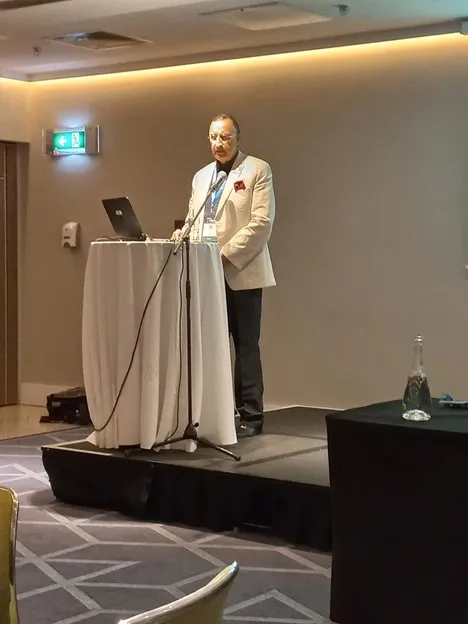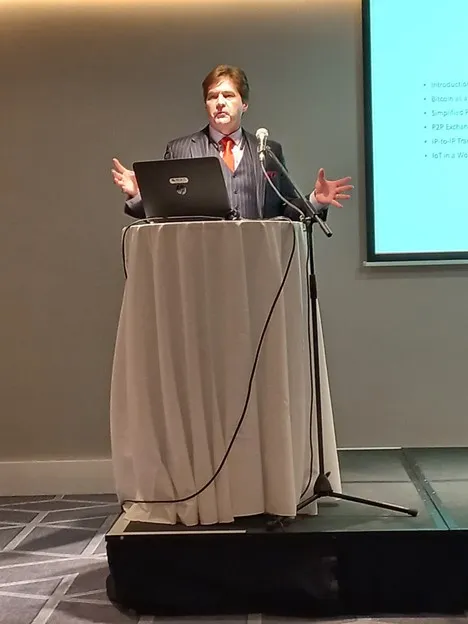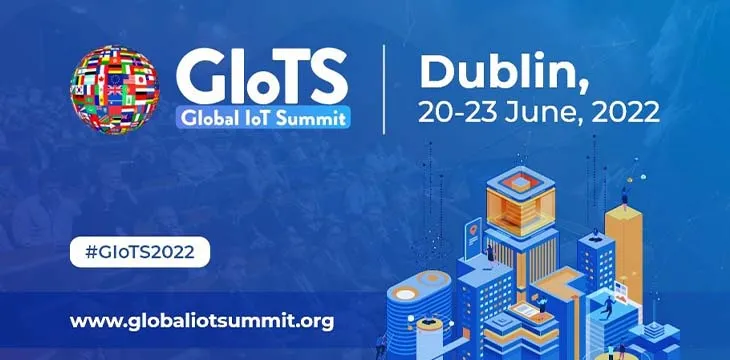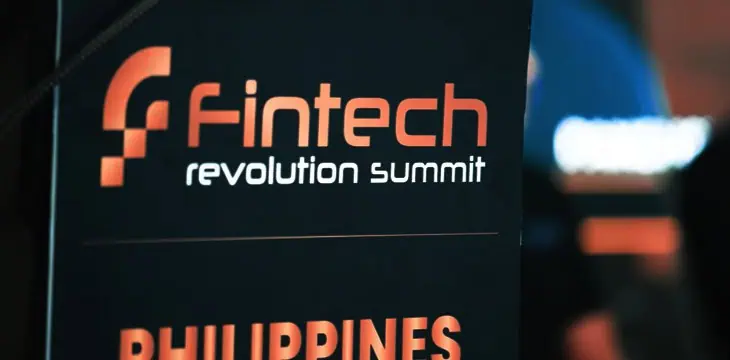|
Getting your Trinity Audio player ready...
|
Last week, I had the pleasure of attending the Global IoT Summit in Dublin, where I talked with experts in the fields of IPv6, blockchain technology, 5G, and the Internet of Things (IoT) and had the chance to sit in on various panels related to these topics.
It was a lively event full of insights and interesting takeaways. This post sums up the key things I observed and learned.
The IoT is fast becoming a reality
When we talk about the Internet of Things, we tend to talk about it in the future tense as something that will happen someday. I learned from the Global IoT Summit that it’s happening now.
The brightest minds in the world are working on everything from wearable devices that monitor health outcomes to smart sensors to gather data on everything from traffic lights to city parking. Many companies have working products today, but there are still a few missing pieces required to make the IoT a reality. We’ll get to what those are in a moment.
Preparing the GIoTS Opening pic.twitter.com/CvRqdJi8mm
— IoT Forum (@IoT_Forum) June 20, 2022
After speaking with various company representatives at the summit, I began to get a clearer picture of what the world is going to look like in the not-too-distant future; everything will be connected, vast amounts of data will be collected and stored for machine learning algorithms to sift through for insights, devices will communicate with each other, and a new world of efficiency and connectivity will be unlocked.
I wonder what this means for privacy and the all-too-human desire to “get off the grid.” However, despite my questions or concerns, we’re proceeding towards the IoT full steam ahead.
IPv6 is an essential piece of the IoT puzzle
After speaking with Latif Ladid, Founder and President of the IPv6 Forum, and listening to various expert panels, I learned that the IoT wouldn’t be possible without a full rollout of IPv6.
For those who don’t know, IPv6 is short for Internet Protocol version 6. Right now, most of the world still operates on IPv4, and there aren’t enough IP addresses to go around. Ladid told me that most big telecom companies like the status quo; they make fortunes from ‘renting out’ IP addresses, and many resist the move towards IPv6, which will allow every person and device to have a unique IP address.

According to the panels I watched, China and the Middle East are far ahead of most Western nations when it comes to rolling out IPv6. Chongfeng Xie from China Telecom estimates 50% penetration in China, while the best estimates for the United States are 20% penetration. However, things are changing, and governments are beginning to see IPv6 as a necessity from a security standpoint.
Dr. Craig Wright told me that IPv6 and Bitcoin complement each other and will work symbiotically. Bitcoin will enable commercialization on IPv6, while IPv6 will make end-to-end communication on the Bitcoin network possible.
IoT pioneers recognize the need for blockchain technology, but they’re still using private blockchains
Many brilliant minds at the IoT Summit mentioned how their applications or products use blockchain technology. They understand that all of this data needs to be stored somewhere safe and that having timestamped entries on immutable ledgers is a good thing, but from what I gathered, many of them are still using private blockchains rather than public ones like Bitcoin.
Probably in large part due to the massive misinformation spread by the digital currency industry, many don’t fully understand what Bitcoin is. I saw a few pennies drop when Dr. Craig Wright explained its capabilities during his keynote speech, but there’s still a massive gap between perceptions of Bitcoin and what it is and can do in reality.
In an impressive speech, Dr. Wright explained how Bitcoin is essentially a network that can enable peer-to-peer transactions and end-to-end communication, making it possible for Alice and Bob to interact directly with no intermediaries, whether that be sending each other payments or communications. While it’s difficult to tell exactly who got it, a few people in attendance were furiously scribbling notes, and it was clear that for many, this was the first time they had heard of Bitcoin’s true capabilities. Undoubtedly, all in attendance have left with plenty of food for thought.

Ultimately, the Internet of Things will require a scalable blockchain capable of handling billions of transactions per second. However, companies are currently operating in walled gardens as they did in the early days of the internet. Perhaps they’ll still operate on private blockchains that end up tethered to a public one like Bitcoin SV, or perhaps they’ll realize that moving onto BSV directly will allow them to maintain privacy while connecting with anyone or any device, anywhere, anytime.
Bitcoin is the missing piece to the IoT puzzle
Latif Ladid told me directly that he believes Bitcoin is the missing piece IPv6 needs. Therefore, since the IoT will depend on IPv6, it’s logical to conclude that it will utilize Bitcoin, too.
However, even the leading people in the IoT industry haven’t put all the puzzle pieces together yet. They’re still focused on creating and promoting smart devices and products, but I believe that with the blockchain seed already planted, it’s only a matter of time before they realize what Ladid already has—that all of this will be enhanced and strengthened by the apex blockchain: Bitcoin SV.
Ultimately, I walked away from the IoT conference with one overarching thought: even most of us who live and breathe Bitcoin don’t understand how big it really is and how it will underpin everything. I began to glimpse the true scale of the bigger picture during the Global IoT Summit, and I’ll have much to think about in the weeks and months to come.
Watch: Global IEEE 5G-IoT Blockchain Summit Rabat highlights: Envisioning a world with 10 billion TPS
https://www.youtube.com/watch?v=6j0yESuI96c

 08-20-2025
08-20-2025 





